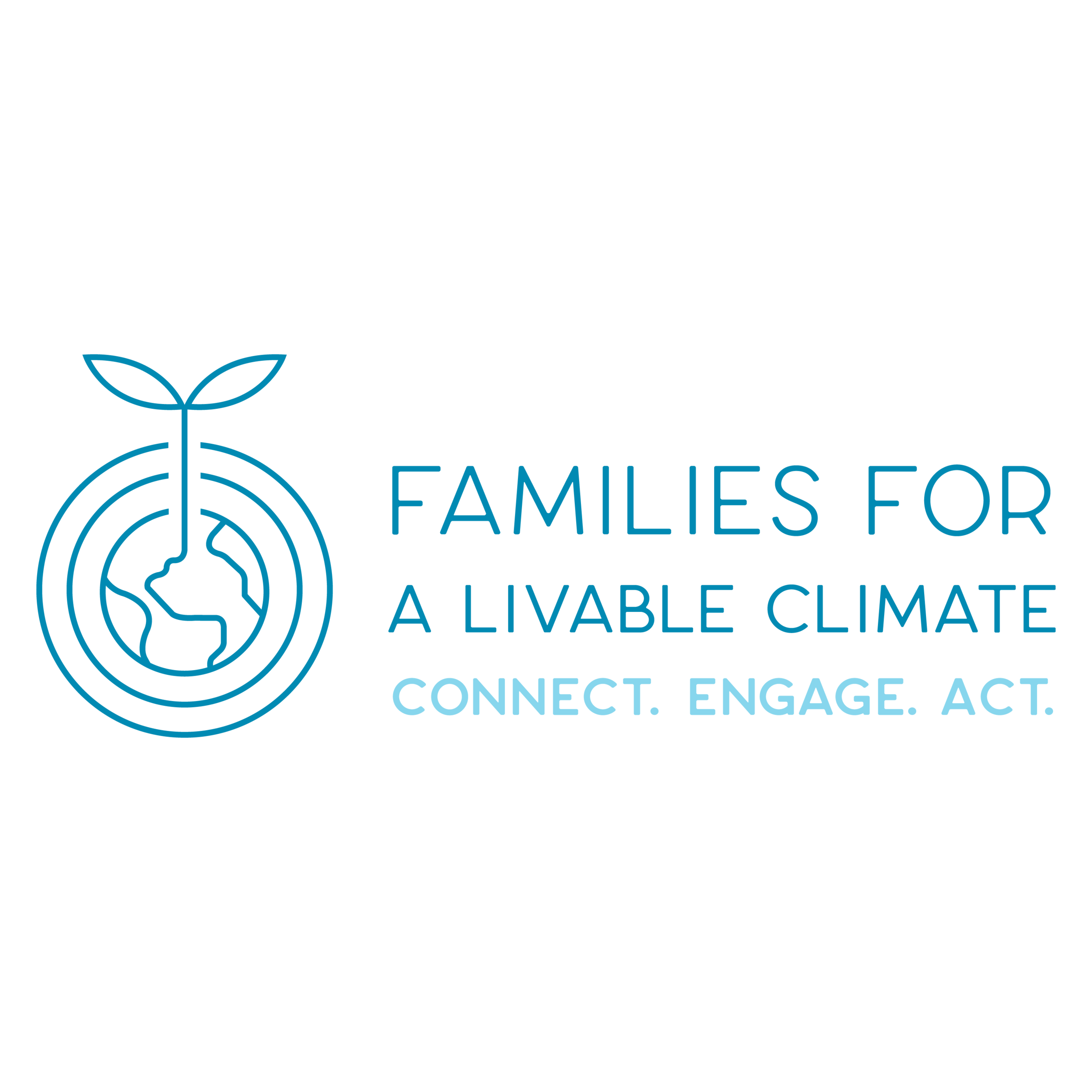Creating Space for Climate Stories
Photo by Sydney Bollinger
By Sarah Lundquist
This article was published in the Missoula Current on 10/31/2022.
—
Montana is a big state - over 147,000 square miles and the 4th largest state in the nation, to be exact. Because of our low population across such a vast area, it is easy to feel disconnected from our neighbors across the state. Varying political views, cultural backgrounds, and identities further exacerbate these chasms.
Even shared experiences and hardships such as extreme heat, storms, pollution, flooding, drought, and wildfires have been polarized, dividing us in vulnerable times when we most need support and connection from our communities. Unfortunately, according to the Montana Climate Assessment, Montana is a hotspot for climate change, warming more rapidly than the global average. Since 1950, Montana has warmed an average of 2-3° F, and we are projected to warm 4.5 - 6° F by mid-century (2040), and a whopping 8.5 - 10° F by century’s end (2070). This warming translates to a pattern of record-breaking heat waves, devastating floods, poor air quality, and agricultural uncertainties, among many other impacts and changes.
The climate crisis is one of the biggest threats to our state, species, and home planet, but we can solve it through collective action. Humans are resilient, and we are at our strongest when we work together.
How, then, do we build connections and strengthen our communities through such deep and wide chasms? How do we come together to solve the most pressing issues of today?
The truth is, there is no one answer. It will take a myriad of techniques and efforts to reach across the state and begin to bridge our divides. One technique that has proven effective at helping humans strengthen relationships, overcome challenges, and cooperate in groups is storytelling. We’ve written about the strength and tradition of storytelling before, sharing how it is a powerful tool to build empathy, align values, and affect change. Storytelling is a deeply human practice; we’ve evolved over thousands of years to connect with each other over stories.
We at Families for a Livable Climate recognize the power of storytelling, and we also acknowledge how important it is to speak up about climate change. We know, despite widespread misinformation and attempts to divide and silence us, that there is actually vast support for climate action - we simply have to normalize it and mobilize those who are concerned. The first step is to break climate silence, and we do this by creating space to share personal stories as well as equipping Montanans with the skills and confidence to have climate conversations across differences.
Our Montana Climate Stories project provides a space for Montanans to share and hear personal stories from their peers across the state. The project amplifies the ways climate change is touching the lives of real Montanans and the ways our neighbors are tackling the climate crisis. It is a means to paint a more complete and human picture of climate change - to help us understand the spectrum of impacts; build empathy, connection, and motivation; and open our minds to an array of solutions.
Right now, the Montana Climate Stories project lives primarily on a dedicated website and Instagram channel, but human stories are meant to be shared in person. Bringing these stories to community spaces around Montana will be a powerful tool to close the gap between our neighbors experiencing climate effects in their own backyard. That is why we have decided to expand our Montana Climate Stories project with a traveling exhibit and in-person storytelling and discussion events throughout the state. We are working with statewide partners to bring the exhibit to six Montana communities in 2023 and hope to hold storytelling and discussion events in each community when the exhibit opens.
We are currently accepting submissions to grow our collection of stories and build the traveling exhibit. Now through January, Montana storytellers, artists, and photographers can submit their story in an original essay, narrative, poem, photo essay, photography, or artwork for a chance to be featured. Selected storytellers will receive $100 for their submission, and for this round we are prioritizing Indigenous voices. The priority deadline for submissions is January 7 and the final deadline is January 30.
We look forward to this opportunity to build connections across Montana, strengthen our communities, and inspire each other with climate solutions. We hope this project will embolden and empower Montanans to get involved in building a livable future for all.

